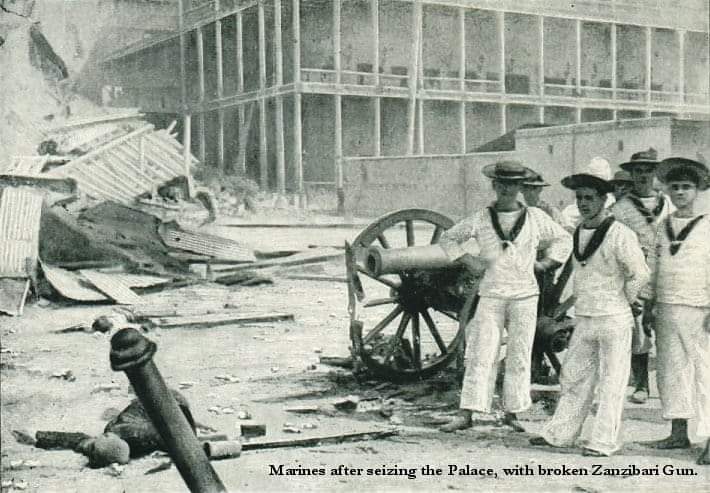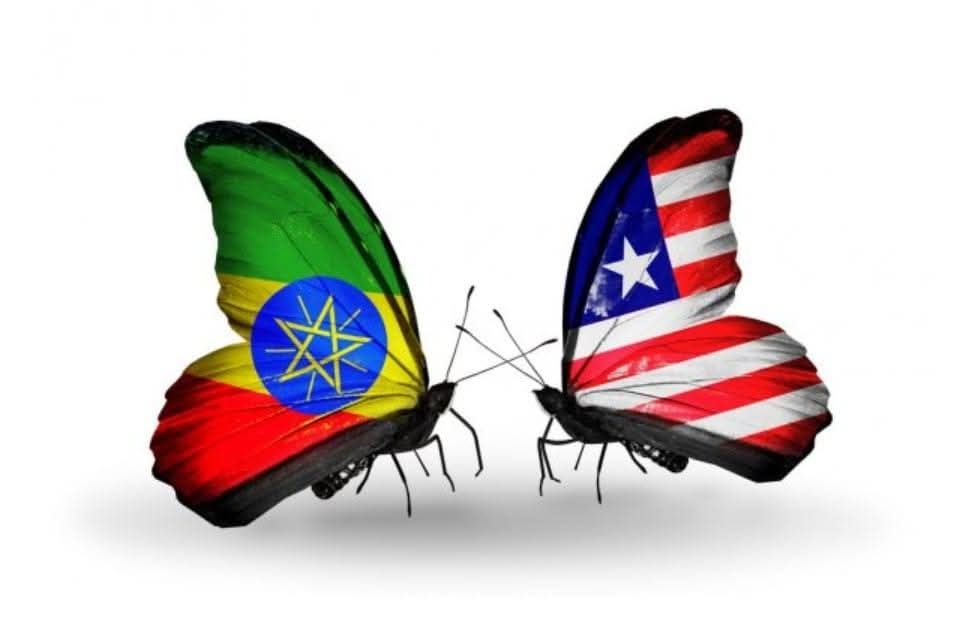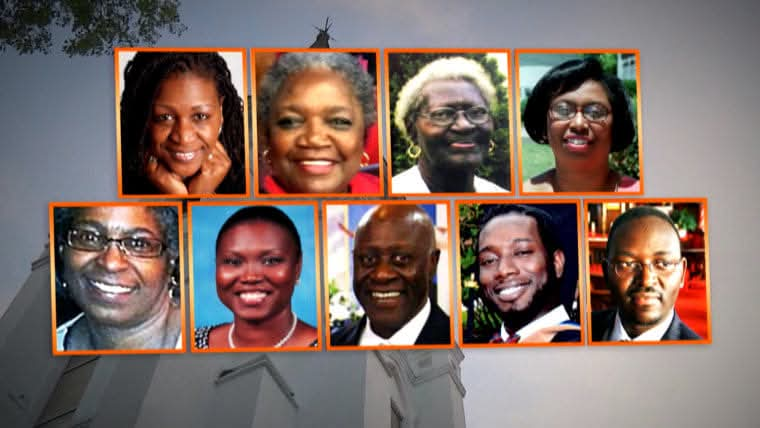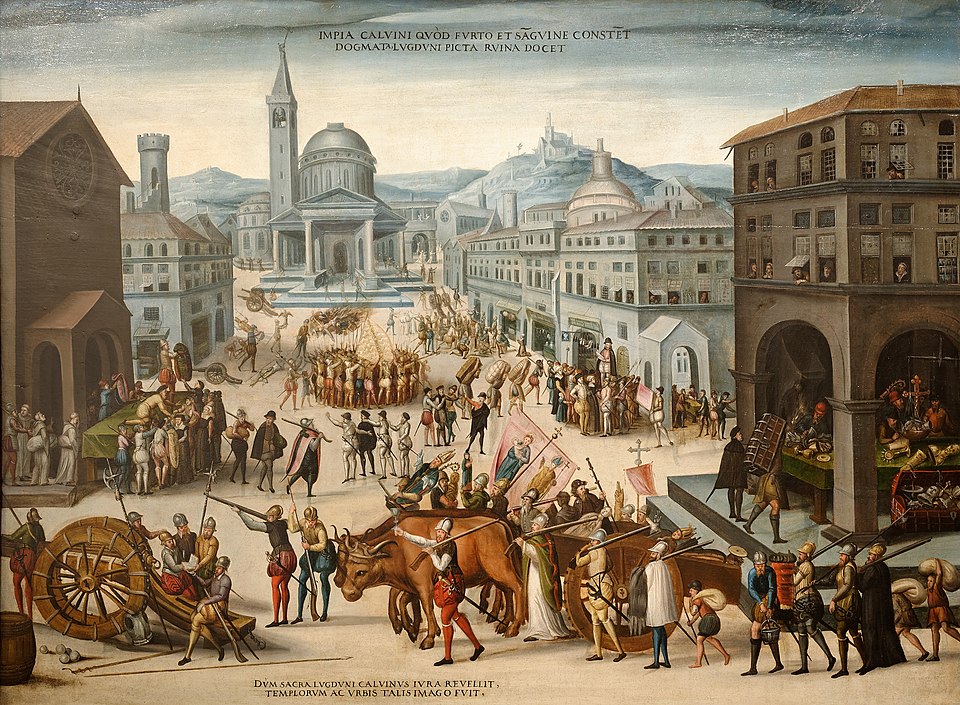THE ANGLO-ZANZIBAR WAR: World's Shortest Conflict

Did you know that the Anglo-Zanzibar War was a military conflict fought between the United Kingdom and the Zanzibar Sultanate on 27 August 1896 and that lasted between 38 and 45 minutes, making it the shortest recorded war in history?
The Sultanate of Zanzibar (also known as the Zanzibar Sultanate), was a state controlled by the Sultan of Zanzibar, in place between 1856 and 1964. The Sultanate's territories varied over time, and at their greatest extent spanned all of present-day Kenya and the Zanzibar Archipelago off the Swahili Coast. After a decline, the state had sovereignty over only the archipelago and a 16-kilometre-wide (10 mi) strip along the Kenyan coast, with the interior of Kenya constituting the British Kenya Colony and the coastal strip administered as part of that colony de facto.
The immediate cause of the Anglo-Zanzibar War was sparked by the death of the pro-British Sultan Hamad bin Thuwaini on 25 August 1896 and the subsequent succession of Sultan Khalid bin Barghash. The British authorities preferred Hamoud bin Mohammed, who was more favourable to British interests, as sultan.
In the agreement of 14 June 1890 instituting a British protectorate over Zanzibar, a candidate for accession to the sultanate should obtain the permission of the British consul, and Khalid had not fulfilled this requirement. The British considered this a casus belli (occasion for war) and sent an ultimatum to Khalid demanding that he order his forces to stand down and leave the palace. In response, Khalid called up his palace guard and barricaded himself inside the palace.
The ultimatum expired at 09:00 East Africa Time (EAT) on 27 August, by which time the British had gathered three cruisers, two gunboats, 150 marines and sailors, and 900 Zanzibaris in the harbour area. The Royal Navy contingent were under the command of Rear-Admiral Harry Rawson and the pro-Anglo Zanzibaris were commanded by Brigadier-General Lloyd Mathews of the Zanzibar army (who was also the First Minister of Zanzibar).
Around 2,800 Zanzibaris defended the palace; most were recruited from the civilian population, but they also included the sultan's palace guard and several hundred of his servants and slaves. The defenders had several artillery pieces and machine guns, which were set in front of the palace sighted at the British ships.
A bombardment, opened at 09:02, set the palace on fire and disabled the defending artillery. A small naval action took place, with the British sinking the Zanzibari royal yacht HHS Glasgow and two smaller vessels. Some shots were also fired ineffectually at the pro-British Zanzibari troops as they approached the palace. The flag at the palace was shot down and fire ceased at 09:46.
The sultan's forces sustained roughly 500 casualties, while only one British sailor was injured. Sultan Khalid received asylum in the German consulate before escaping to German East Africa (in the mainland part of present Tanzania). Although the majority of the Zanzibari townspeople sided with the British, the town's Indian quarter suffered from opportunistic looting, and around twenty inhabitants died in the chaos. The British quickly placed Sultan Hamoud in power at the head of a puppet government. The war marked the end of the Zanzibar Sultanate as a sovereign state and the start of a period of heavy British influence.
The war, lasting less than three-quarters of an hour, is sometimes considered the shortest in recorded history. Several durations are given by sources, including 38, 40 and 45 minutes, but the 38-minute duration is the most often quoted. The variation is due to confusion over what actually constitutes the start and end of a war.
Some sources take the start of the war as the order to open fire at 09:00 and some with the start of actual firing at 09:02. The end of the war is usually put at 09:37, when the last shots were fired and the palace flag struck, but some sources place it at 09:45. The logbooks of the British ships also suffer from this uncertainty with St George indicating that cease-fire was called and Khalid entered the German consulate at 09:35, Thrush at 09:40, Racoon at 09:41, and Philomel and Sparrow at 09:45.
Source: Wikipedia
#penglobalhistory



